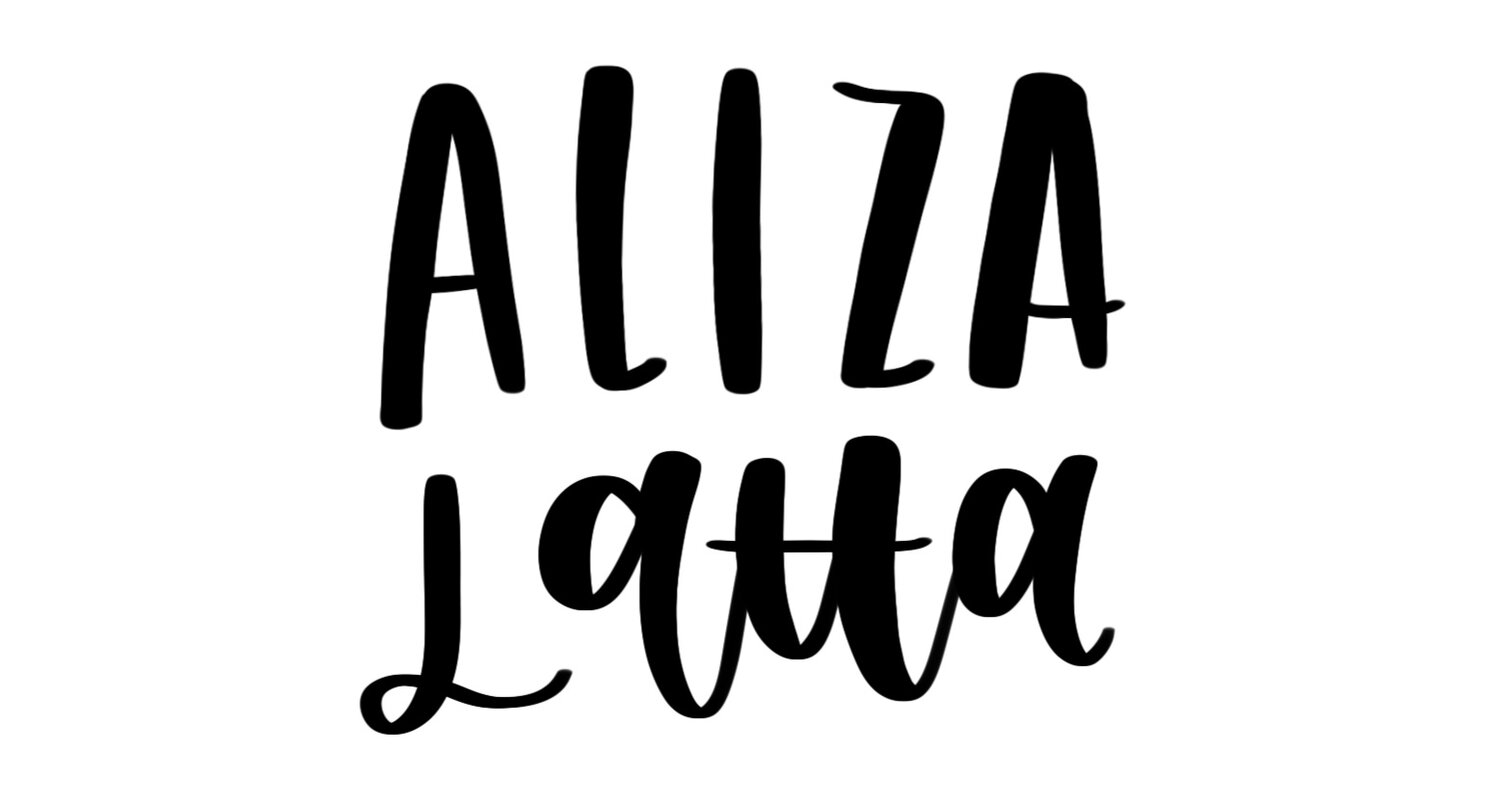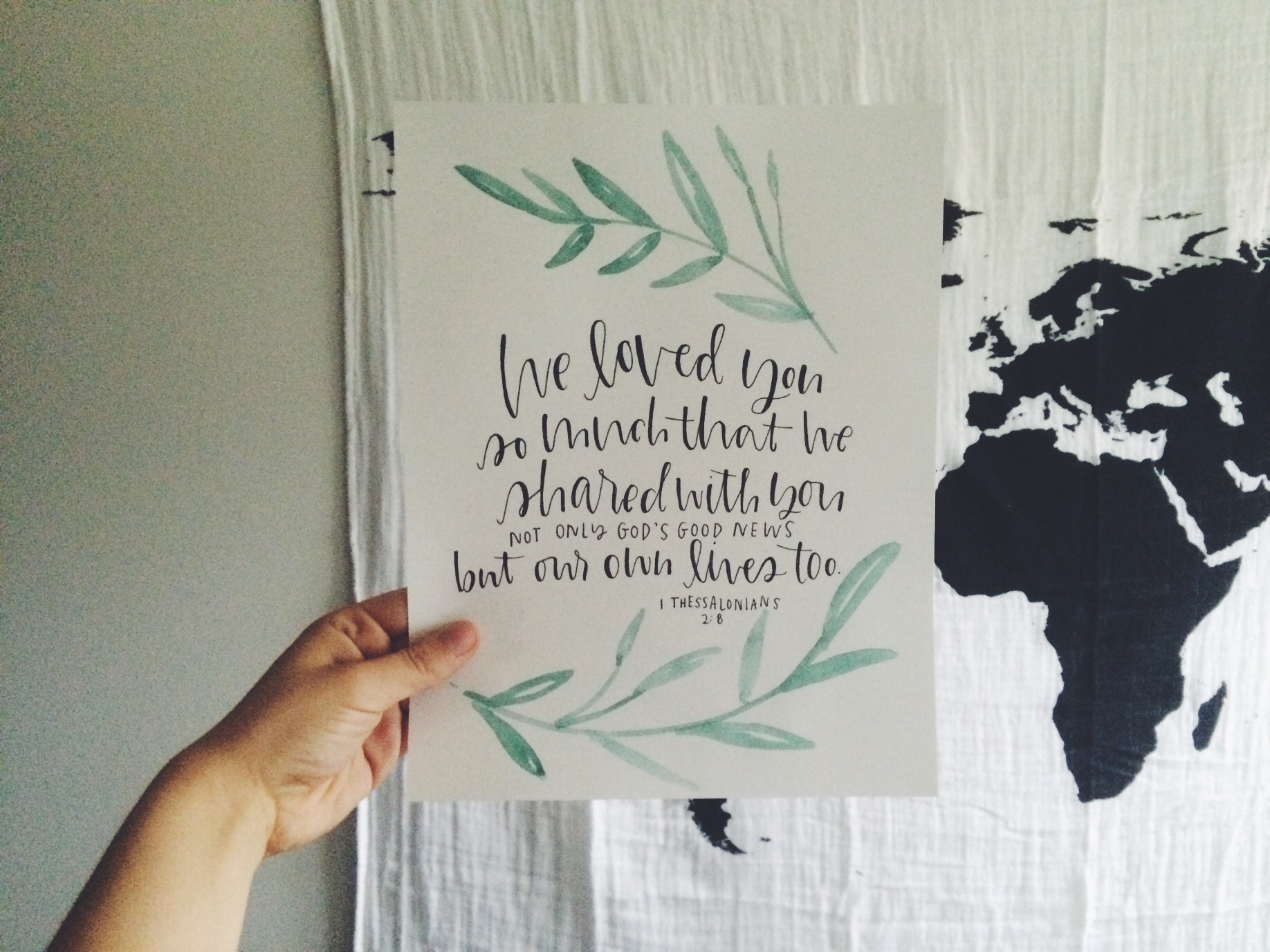Their only source of water was a three-hour walk from their huts and homes.
I was eighteen years old and knew nothing about the world, except what I saw in front of me: dozens of Rwandan children walking to fetch their jugs of water, and they had invited me along. Of course I obliged and followed behind them while the blazing African sun seemed to scorch hotter every second. I was feeling too much — too white, too privileged, and far too out of place. I was holding a water bottle in my hands and guilt wrapped around me like a suffocating fur coat.
Who was I to drink water so freely and easily while the kids around me had to traipse for hours to collect theirs?
We didn’t speak much on the walk. Their words were in Kinyarwanda, mine were not. When we arrived back at the village after the agonizingly hot and tiring trip, the pastor of their village came to me, his wife not far behind him. They took our hands and led us to their home, a humble thatched hut with benches pulled around a small table. Huge heapings of potatoes and cooked bananas were placed in front of us, and the pastor’s wife shone hospitality in a way I had never seen before. When she handed me my plate, I almost cried.
They had nothing, yet they gave me everything.
We could hardly communicate with one another — at least not in the typical way I’d been taught. But through that meal where they offered me literally all that they had, the pastor and his wife in a small Rwandan village shared with me two things: their very lives and the gospel of Jesus Christ.
I saw Jesus in them, and we barely spoke. They taught me that our lives can speak more than words ever can.
May our lives be a poured out offering, an emptying of us and what we desire. May we love so deeply that we reach out our hands and grab the person in front of us, bring them into our homes and give them all that we have.
That, I believe, is where the Gospel is most evident.





